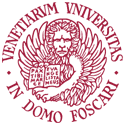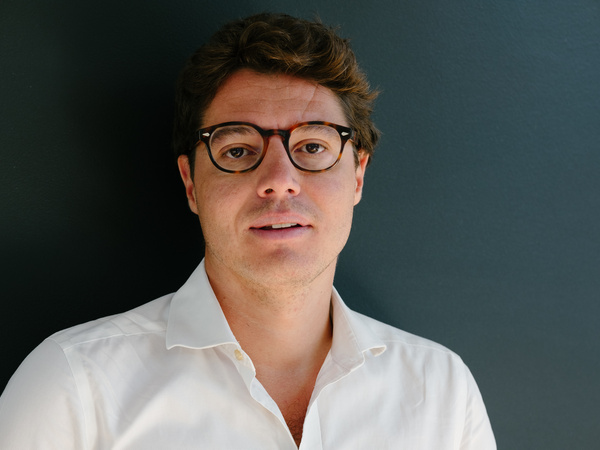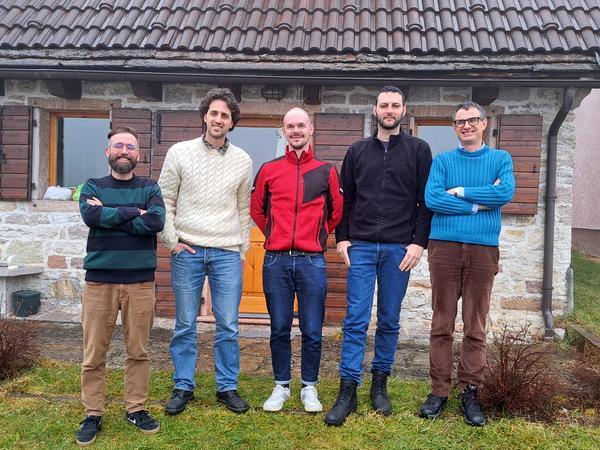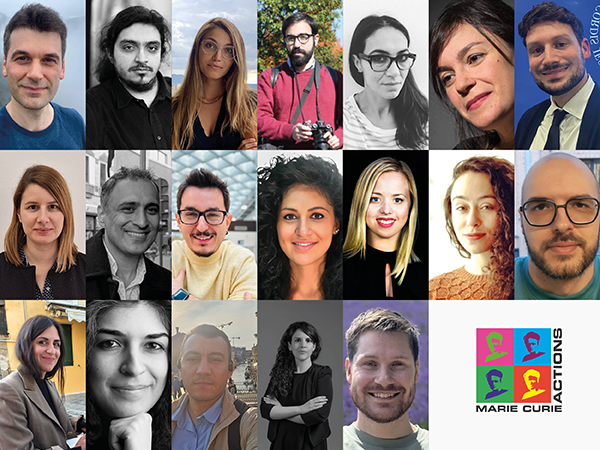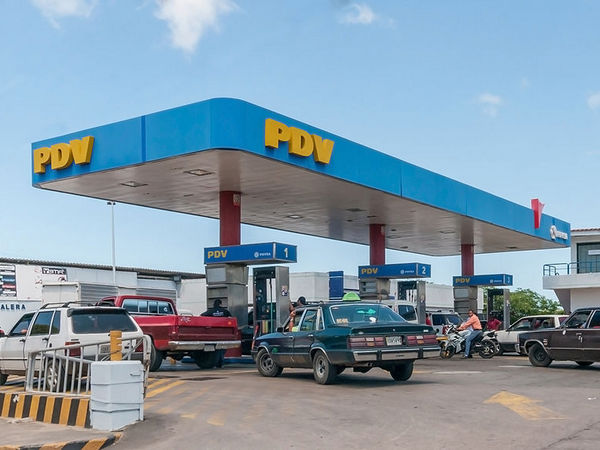Interview with Sara Mohammed Mamon Ahmed, PhD student University of Khartoum, Erasmus+ Visiting student Ca’ Foscari

I am a PhD student in the “Archaeology and Sciences” program at the Graduate College of the University of Khartoum in Sudan. My research focuses on geoarchaeological studies in Northern Sudan, specifically in the El Ga’ab Depression west of the city of Dongola, through the analysis of lithic tools associated with the Paleolithic period. This research is part of a broader scientific project entitled: “The Archaeological, Environmental, and Ethnographic Survey of the El Ga’ab Depression, West of Dongola,” supervised by Professor Yahia Fadul Tahir, who also serves as the project director.
The aim of this research is to provide a deeper understanding of early human settlement patterns in the region and to explore the relationship between humans and their environment in prehistoric times.
What are the biggest difficulties for Sudanese university students during wartime?
One of the most significant challenges faced by Sudanese university students during the war has been the closure of universities and their occupation by armed groups. Many university campuses were transformed from spaces of learning and knowledge into battlegrounds and zones of conflict. The disruption of internet services, along with the displacement of students and faculty members to safer areas within and outside Sudan, further interrupted the academic trajectory of many. Meanwhile, others remained trapped in conflict zones with no possibility of escape.
The impact extended beyond universities to all educational and research institutions, particularly those located in the capital, Khartoum, where the war initially broke out. Since Khartoum is the academic hub of Sudan—hosting the majority of the country’s universities and leading research institutions—the war has had a profound effect on the entire educational process across the country, including in other states.
As for me personally, I was unable to leave the capital, Khartoum. For the past two years since the outbreak of the war, I have been residing in Omdurman—specifically in the Karari locality, which has been one of the areas most affected by security unrest and recurrent clashes. These circumstances made it extremely difficult to engage in any academic activity, whether in terms of research or teaching, and they intensified the sense of isolation and disconnection from the academic community.
You are here for an Erasmus+ exchange project between Venice and Khartoum. How did this collaboration come about and what advantages does it bring?
The partnership between the University of Khartoum and Ca’ Foscari University of Venice began with a cooperation agreement that was initially drafted before the outbreak of the war in Sudan. Work on the agreement continued despite numerous challenges, and it was officially signed after the war had already begun. This achievement was made possible thanks to the tremendous and sincere efforts of the Italian Archaeological Mission working at the site of Jebel Barkal, led by Prof. Emanuele Ciampini and the mission’s field director Dr. Francesca lannarilli, in collaboration with the Department of Archaeology at the University of Khartoum, represented by Dr. Mohamed El Badri (Head of Department) and Dr. Nuha Abdel Hafiz (Head of International Relations).
This partnership provides a valuable opportunity for academic exchange between postgraduate students and faculty members from both institutions. It contributes to capacity building, professional training, exchange of expertise, and engagement with the international academic community.
For me personally, this opportunity came at a very difficult time. It provided a safe and stimulating environment to continue my academic research and brought me back to an educational atmosphere I had missed over the past two years due to the war.
During my time at Ca’ Foscari University, I participated in several important training programs, including an Italian language course that helped me acquire a new language and explore Italian culture. It also gave me the chance to connect with the vibrant community of the city of Venice. Through the course “Archaeology of the City of Venice”, I developed a deeper understanding of the civilization and international relations of the Venetian Republic, which has significantly enriched my academic formation as an archaeologist.
One of the most valuable aspects of this experience was the hands-on training at the LAMA laboratory, which is an essential component of my doctoral research. It rekindled my hope of continuing lab-based analysis of archaeological samples—a crucial part of my work that had become impossible after the destruction of laboratories in Khartoum.
I also had the chance to join the Italian mission team at the project ‘Jebel Barkal Archives’, which collects maps and photos of the Mission since 1973. Additionally, I presented a scientific paper at a conference organized by the Department of Humanities in collaboration with the Italian mission, titled "SUDAN: Past and Present of a Country, a Memory, an Archaeological Heritage". This event offered me a unique opportunity to interact with archaeologists from Italy and around the world.
Moreover, I visited the city of Rome and its major archaeological landmarks, such as the Colosseum and the Pantheon, and I will participate in a conference in Turin next week on architecture and heritage during times of conflict. This experience also greatly enhanced my general and academic English proficiency and allowed me to engage in meaningful cultural exchange with students from across Europe and beyond, learning about their traditions and cultures.
This experience has been a turning point in my academic and personal journey, providing me with invaluable tools, knowledge, and support.
How are Sudanese universities coping with the difficult situation caused by the war? What is the greatest damage to academic activities, and how are universities reacting?
Sudanese universities have faced immense challenges in the context of the war that erupted in April 2023, especially given that more than 80% of higher education institutions are located in the capital, Khartoum, which became a central battlefield. During the early months of the war, these institutions completely ceased operations, like most other sectors in the country. Faculty members and students found themselves either displaced in search of safety for themselves and their families, or trapped in conflict zones with no clear path forward for continuing their education.
Despite this dire reality, Sudanese universities demonstrated remarkable determination to resume academic activities. Thanks to the tireless efforts of university administrations and teaching staff, the academic process was resumed in less than six months after the outbreak of the war. Universities located in relatively safer states, such as the University of Gezira, began to resume classes and hosted examination sessions on behalf of institutions whose campuses were located in conflict zones.
At the University of Khartoum, where I serve as a PhD candidate and a lecturer in the Department of Archaeology, the university managed to organize the first round of examinations for graduating students (fourth- and fifth-year levels) just four months after the war began. These students were successfully graduated across all faculties. Subsequently, online education was introduced for the remaining students using various digital platforms. However, due to weak and unstable internet access in many parts of the country, the university initially struggled to unify the mode of digital instruction.
Later on, the University of Khartoum successfully organized four additional examination sessions, launched a dedicated e-learning platform for teaching across all faculties, and formed partnerships with other universities, academic institutions, and hospitals in safe areas inside and outside Sudan. These collaborations helped provide students with training opportunities, including in countries like Egypt and Saudi Arabia where the university has exam centers.
Administrative procedures also resumed electronically via official university websites, allowing for graduate program registrations, issuance of certificates, and other academic services. Furthermore, the Graduate College conducted online exams and thesis defenses for Master’s and PhD students, allowing many of them to obtain their degrees during the ongoing war.
As for the damages, the major universities in Khartoum—such as the University of Khartoum, University of Neelain, Sudan University of Science and Technology, University of Bahri, and Omdurman Islamic University—suffered the most. Their campuses were transformed into battlefields and weapons storage sites. Their infrastructure was severely damaged, laboratories and classrooms were looted and destroyed, and even lecture hall furniture was not spared from theft and arson.
In Darfur, universities like the University of Nyala and Zalingei University were almost completely destroyed, halting all their academic activities due to security collapse and systematic vandalism.
Nevertheless, faculty members, university administrations, and students have shown unwavering commitment to continuing the educational process. Despite destruction and hardship, all Sudanese universities—public and private—have managed to resume academic work and uphold the mission of higher education in Sudan under extraordinarily difficult conditions.
I would like to sincerely thank Ca’ Foscari University of Venice and the Erasmus+ program for giving me this opportunity during such a challenging time. I am deeply grateful to all those who supported this experience, and I hope that the academic partnership between Sudanese and Italian institutions will continue to grow and create even more opportunities for collaboration and shared knowledge in the future.
